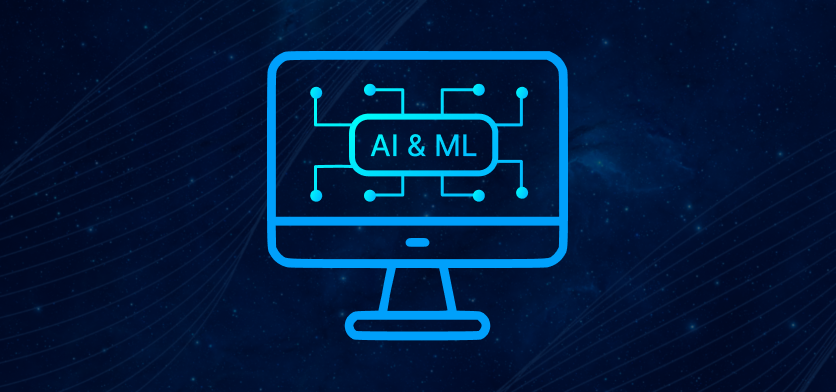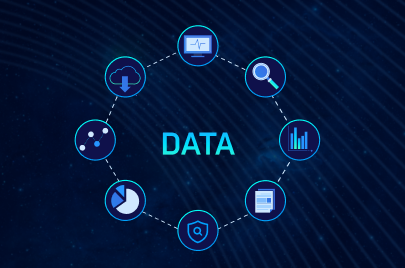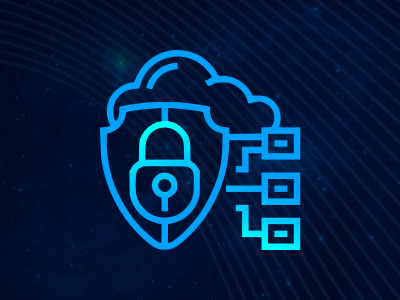AI and data collection predictions to watch for in 2025
23 January 2025

Last updated: December 2025
Business decision-making relies on analyzing internal statistics and metrics as well as publicly available information about the market, its players, and their strategies. For better insights, companies apply AI-enabled web data collection performed through geo targeted proxies. Astro offers a proxy free trial with $3 on your balance which you can access after contacting our Support Team.
In 2025, Astro as an ethical data gathering infrastructure provides 50M+ best datacenter proxies and mobile/residential intermediate IP addresses for info gathering purposes, including those performed in conjunction with AI. Artificially intelligent systems have created the whole market of ready-to-fo frameworks known as AI-as-a-service (AIaaS), which is estimated at more than 16 billion. Further development of such a software is among experts’ predictions about AI and info extraction covered below.
AI and data collection predictions for 2025 from Astro
Our key predictions about the development of machine learning and public data gathering are:
- Enhanced accessibility of automated products for non-professionals.
- New techniques of information’s processing.
- Appearance of new AI-connected practices.
- Additional ethical and regulatory boundaries for ML-based transparency.
- Increased competition between tech giants and smaller IT developers.
- Reduced NLP models’ cost which lead to further implementation of neural networks.
Challenges and innovations of collecting the internet insights with Generative AI require buying residential IP addresses from KYC and AML-compliant infrastructures and detailed understanding of 2025 data collection's predictions.
1. Enhanced accessibility
Real-time integration of machine learning into scraping pipelines leads to granular decision-making, while NLP-oriented models capable of understanding a natural language make self-service tools affordable for non-experts. Apache NiFi and StreamSets automate workflows of retrieving information through geo targeted proxies. Apache Flink, Spark Streaming, and similar facilitate data-driven insights.
2. Advanced data processing technologies
According to the current neural networks’ development trends, the following techniques will be at play:
| Prediction | Description | Examples |
| Quantum computing | Redefining data analysis with Generative AI with parallel streams | IBM Q, D-Wave |
| Multi-modal AI algorithms | Integration of textual, visual, and video content into comprehensive apps | OpenAI’s GPT, Google’s Gemini |
| Frameworks’ optimization | Establishing AI-centric architectures with the best datacenter proxies integrated | TensorFlow, PyTorch. |
3. Strategic shifts
Multifaceted AI-as-a-service services will integrate AI into various fields of acquiring and parsing information. This leads to:
- Domination of AI-first mindsets through strategies of DataOps and MLOps
- Necessity for data analytics’ engineers who specialize in combining technical and analytical functions, e.g. checking the relevance of insights, while self-taught algorithms buy residential IPs, set up, and maintain the pipeline on their own.
4. Ethical and regulatory policies
Ethical and legal web scraping’s status illustrates the tendency of overall transparency and adherence to AML/KYC standards. Tools like Google’s What-If check for ethical alignment, while governance frameworks like IBM AI Fairness 360, OneTrust, and so on assist in navigating legislative environments.
5. Complication of competitive landscape
IT giants will continue to dominate with vertically integrated, proprietary tools like Microsoft Azure AI or Google AI. Smaller players, meanwhile, in 2025 will join the market of AI-enabled data collection because of lower entry barriers, AIaaS tools, and opportunities to buy residential IP pools’ access from $7.3 per 1 GB.
6. Neural networks’ ubiquity
Price reduction for implementing NLP-based robots leads to wider adoption of neural networks. It means that tools based on machine learning make cost-effective scraping with the best datacenter proxies more affordable to local companies and entrepreneurs. The consequences involve improved marketing diagnostics, raised road safety with computer vision techniques, personalized medicine, etcetera.
Geo targeted Astro proxies in connection with AI-based data collection
ML-implemented online info gathering continues to adapt mechanisms for CAPTCHA-passing, dynamic fingerprinting, no-code scraping pipelines, and management of geo targeted proxies. In 2025, Astro offers API-controlled, SOCKS5 and HTTP(S)-compatible IP pools that are 100% compatible with AI-enhanced solutions for seamless data collection.
Sign up on the official Astro website for a free proxy trial, and shift towards ethical, scalable AI and online info innovations.
Related questions
-
Configure your AI scraping framework to route all HTTP(S)/SOCKS5 requests through Astro API endpoint, enable proxy rotation at set intervals or per request, and pass authentication with user:password directly in your AI tool’s network settings.
-
• Act ethically — respect robots.txt, spread requests across different IPs, and rotate user-agent strings.
• Use hybrid solvers of automated CAPTCHA-solving APIs with human-in-the-loop fallbacks.
• Reuse cookies and session tokens to minimize repeated CAPTCHA triggers.
-
Count download speed across parallel TCP connections, record RTT (round-trip time) percentiles (50th, 95th, 99th) to detect outliers, and check success rate by tracking HTTP 2xx vs. 4xx/5xx responses under load.
-
LLM Scraper, Scrapy-LLM, Crawl4AI are among open-source solutions for AI-driven web data collection.



